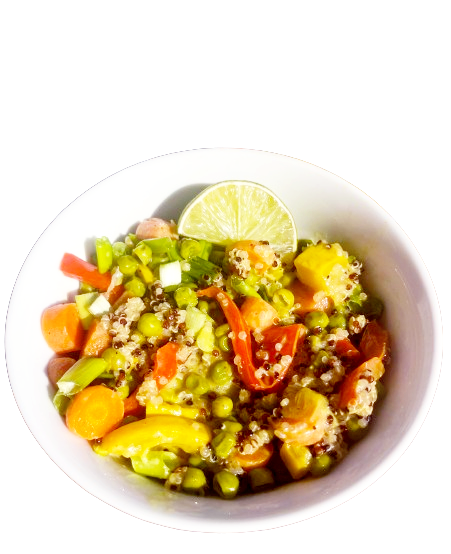Leaky gut syndrome, also known as increased intestinal permeability, occurs when the gut lining’s tight junctions become compromised. This allows undigested food particles, toxins, and bacteria to seep into the bloodstream, triggering inflammation and potentially leading to various health issues, including inflammatory bowel disease, obesity, and heart disease.
Although leaky gut can result from multiple factors such as stress, medications, and an unhealthy diet, there’s good news: certain functional ingredients can help repair the gut lining and restore intestinal health.
A crucial dietary approach for managing leaky gut is to avoid foods that can aggravate the condition. It’s beneficial to limit intake of sugar, refined carbohydrates, and unhealthy fats, which can increase intestinal permeability. Instead, focus on consuming ample dietary fiber from vegetables, fruits, and whole grains. Fiber supports beneficial gut bacteria and promotes the production of short-chain fatty acids essential for gut health.
Probiotics are also vital in healing leaky gut. These beneficial bacteria play a key role in maintaining the gut lining’s integrity, regulating immune function, and fostering the growth of other health-promoting microbes. Incorporate probiotic-rich foods like yogurt, kefir, and fermented vegetables into your diet, or consider a high-quality probiotic supplement to bolster gut health.
Herbs and spices can offer additional support in healing leaky gut. For instance, ginger has been found to modulate inflammatory pathways and exhibit antimicrobial properties, making it a valuable addition to a gut-friendly diet. Peppermint oil is another effective remedy, particularly for irritable bowel syndrome, which is often associated with increased intestinal permeability.
Mushrooms are another functional ingredient worth mentioning. Many varieties contain prebiotic polysaccharides that nourish the gut microbiome and aid in producing anti-inflammatory short-chain fatty acids. Mushrooms also play a role in immune system modulation and have been shown to offer protective effects against conditions like nonalcoholic fatty liver disease and obesity, which are often linked to leaky gut.
Incorporating these gut-healing ingredients into your diet can significantly contribute to restoring intestinal integrity and improving overall health. However, it’s important to remember that healing leaky gut is a gradual process. For personalized advice and to ensure the best approach for your specific health needs, consult with a healthcare professional. By combining these dietary strategies with professional guidance, you can make meaningful strides toward achieving lasting gut health and overall well-being.


